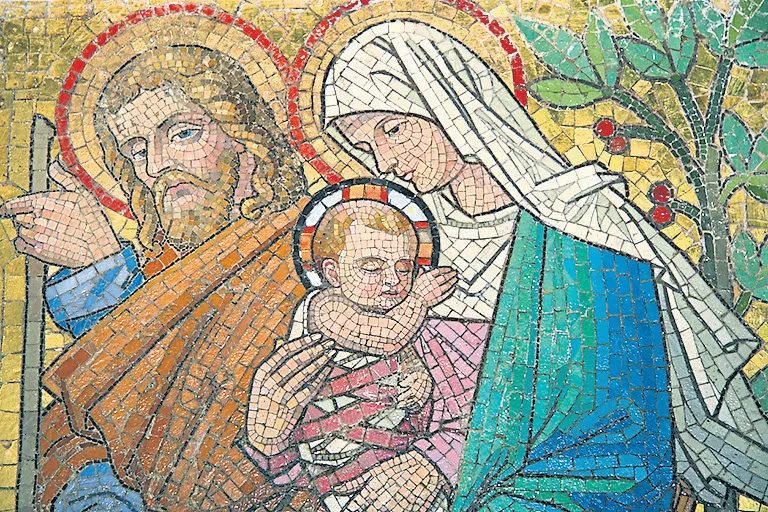The Council of Nicaea (325 AD) affirmed the consubstantiality between the Father and the Son (i.e. the Son having the same divine nature as the Father).
It has given historical recognition to the Trinitarian faith in God the Father, Son, and Holy Spirit, thus becoming a symbol of orthodox Christianity.
Appeal of Nicene Christianity
‘Nicene Christianity’ is considered synonymous with Christianity. It is sufficiently defined in the essentials, but still free from the subsequent confessional encrustations that ‘divided’ Christianity between the Eastern and Western Churches in the 11th century, and the Roman Catholic and Protestant Churches in the 16th century. In the present-day ecumenical circles it is considered the theological platform on which all traditional Christian families must recognise each other. The idea has gained popularity amongst evangelicals that the Nicene faith is the common ground between evangelicals and Roman Catholics, while differences would lie in doctrines such as soteriology, ecclesiology, Mariology, etc. The question is: is the Nicene faith (or can it be) the theological basis for contemporary ecumenism? The answer is negative for at the least three reasons.








Pope Leo XIV: An evangelical view
The Roman Catholic Church has its new Pope - the 267th according to its official list.The number is less …